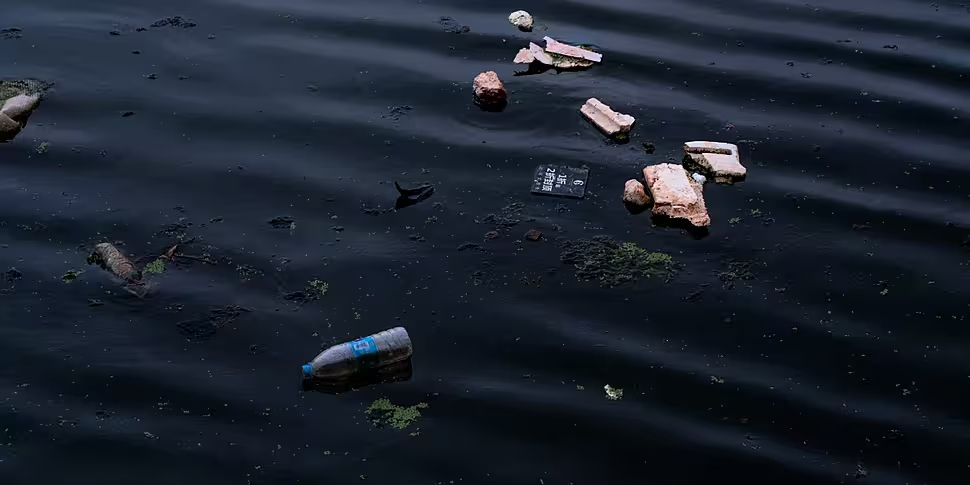People should only flush “poop, pee and paper” down the toilet to avoiding damaging Irish waters, Uisce Éireann has warned.
Uisce Éireann Asset Operations Manager Margaret Attridge told The Pat Kenny Show that people should never flush non-biodegradable items such as wipes, dental floss, hair and contact lenses.
The ‘Think Before You Flush’ campaign is encouraging people to only flush the three Ps, poop, pee and toilet paper.
While the campaign was first launched in Cork, Ms Attridge said that the campaign will expand as this is a national problem.
Ms Attridge said waste products mix with oil and form a “rock-solid” blockage that is “very difficult and costly to remove” when they enter the sewer networks.
“This can end up flooding your property or flowing into our rivers or streams or coastal waters – damaging our waters and polluting the seas that we swim in,” she said.
Ms Attridge said even products that claim to be biodegradable cause blockages in the sewer system.
“Five double decker busses”
She said the Uisce Éireann wastewater treatment plant in Ringsend is dealing with huge blockages.
“Every month we remove 70 tonnes of wipes and other items from that treatment plant – that's equivalent five double decker busses stuffed with wipes and other items," Ms Attridge said.
She said the COVID pandemic saw a huge increase in blockages as people were using more wipes and flushing them down the toilet.
She said: "When people were sitting at home in those early days of COVID when it was very sunny, enjoying the sunshine in background when we couldn’t go to work, the crews who clean our networks were extremely busy cleaning this build-up of wipes.”
“Making great progress”
Ms Attridge said Uisce Éireann is making “great progress” thanks to Government investment in waste-water infrastructure around the country.
According to Ms Attridge, there were 50 major sewage discharger points around the country that were untreated in 2014.
Some 60% of those discharger points now have waste-water infrastructure.
Ms Attridge said that by 2025, only five of those discharger points will remain untreated by new infrastructure.
“Our waters around the country are a lot cleaner now than they were.”
You can listen back here:









